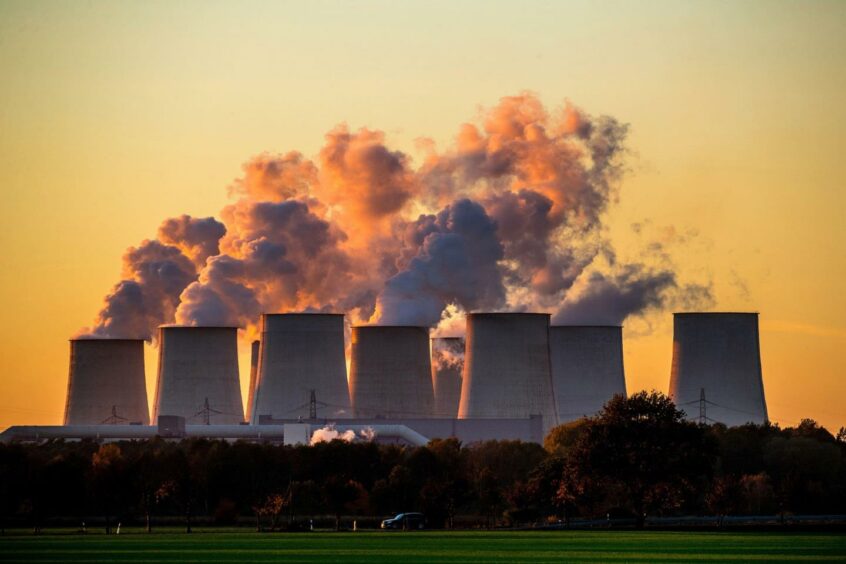
Shell has struck a memorandum of understanding (MoU) to provide LNG to the Brunsbüttel terminal in Germany.
The country has overhauled its energy plans following the invasion of Ukraine and it intends to cut its reliance on Russian gas. Germany is pressing ahead with two LNG import projects, at Brunsbüttel and Wilhelmshaven.
Shell said it would “book a substantial part” of the Brunsbüttel capacity on a long-term basis. The company said it, and German LNG the owner of Brunsbüttel, were working to reach binding agreements as quickly as possible.
Energy supply
German LNG managing director Michael Kleemiß said the MoU with Shell, and interest from the market, “show the importance of the import terminal”. Kleemiß said the company would do “everything we can to speed up planning and implementation. The terminal will not only contribute to the security of energy supply in Germany, but also to the necessary climate-neutral energy supply in the future.”
The head of Shell in Germany, Fabian Ziegler, said the agreement was “an important step to ensure short-term supply in Germany and beyond throughout Europe. LNG is the most flexible form of gas supply that can be quickly adapted to changing trade structures.”
LNG allows Shell to meet energy needs and limit CO2 emissions, Ziegler said. “Natural gas is the cleanest-burning hydrocarbon, and the terminal should also be able to be converted to hydrogen or hydrogen derivatives such as ammonia in the future.”
The terminal will have 8 billion cubic metres per year of gas capacity. It will have two tanks, each with 165,000 cubic metres of storage. It will also have a jetty capable of hosting two ships at a time, up to QMax size.
In addition to being able to feed gas into the German network, it will also be able to load onto tank trucks, rail cars and LNG bunker ships.
Changing needs
From the outset, the plan is to ensure the terminal can be converted to accept green hydrogen or its derivatives. Ammonia has taken top billing as a hydrogen carrier. That said, a recent deal in Abu Dhabi raised the possibility of toluene.
Germany’s state-backed KfW, Nederlandse Gasunie and RWE signed an MoU on the project in early March. Gasunie will be the operator.
Shell warned in February that Europe had not prepared for higher LNG prices. The continent had failed to sign long-term contracts, unlike China.
Germany – and other European states – have committed to additional LNG import construction projects. However, not all agree that this is necessary.
Think tank Ember has said Europe did not require new LNG terminals. The European Union, it said, could source the additional 51 bcm of gas it intends through existing assets.
Ember said its plan would cut Russian gas from the EU by 2025.
